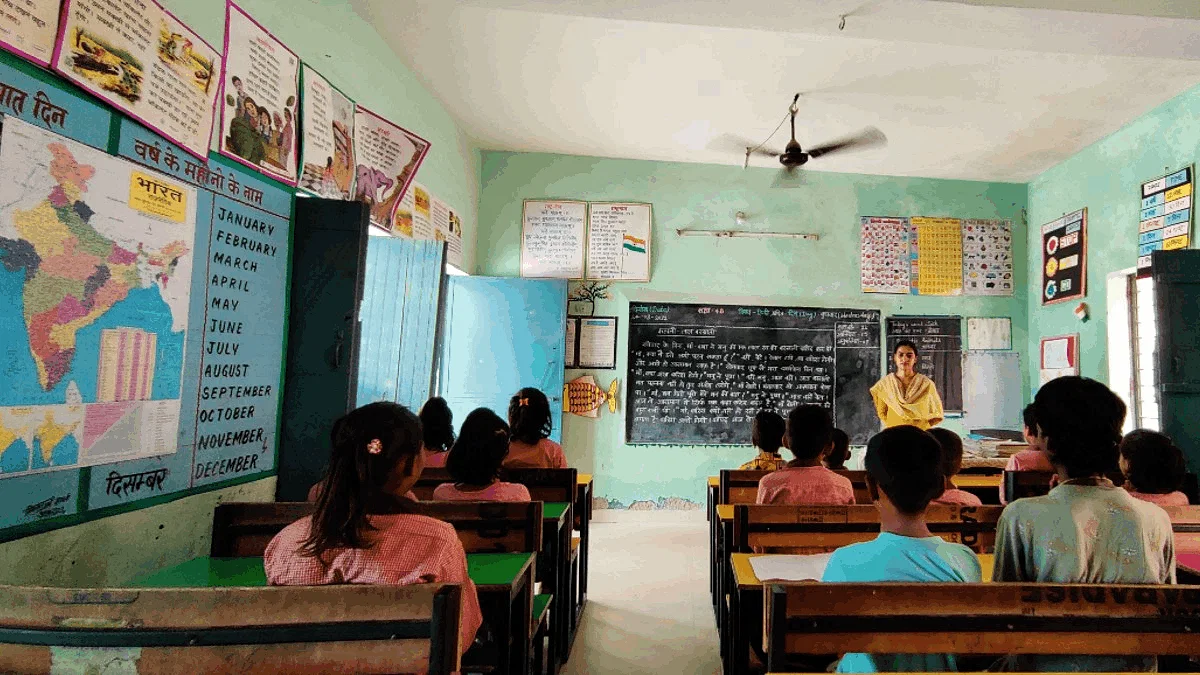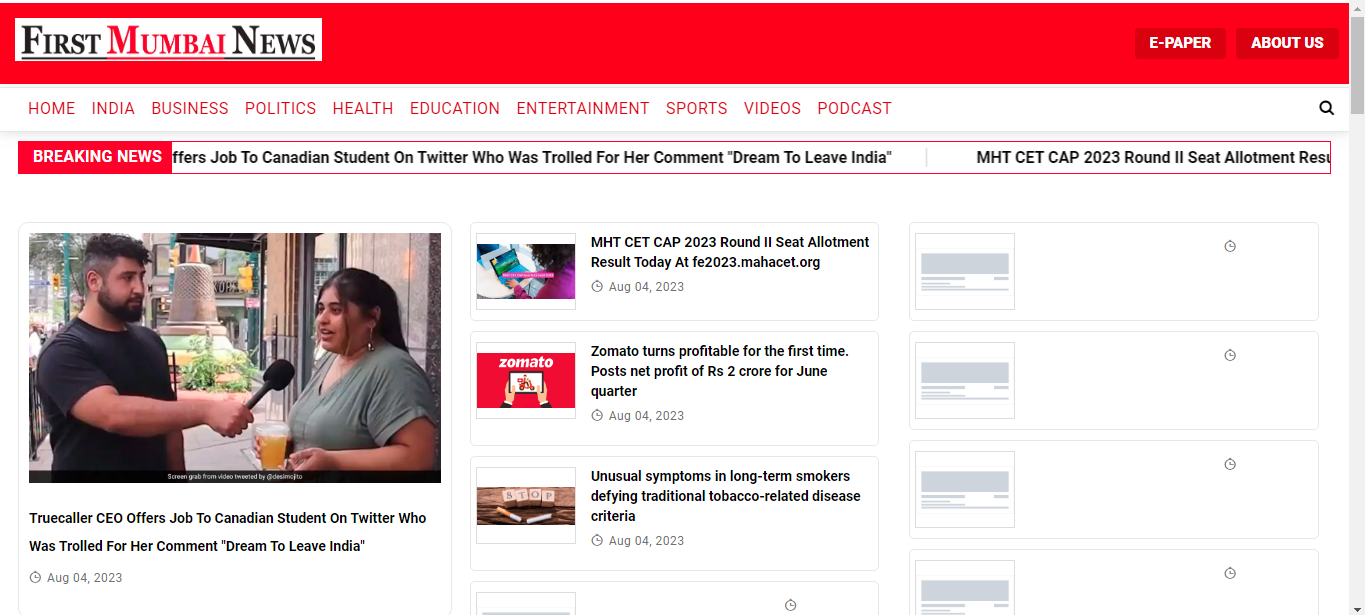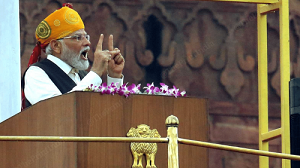
EDUCATION
1st India-made IQ test — tailored to the Indian experience — set for launch this week
- Admin
- Sep 28, 2023

1st India-made IQ test — tailored to the Indian experience — set for launch this week
Developed by National Institute for the Empowerment of Persons with Intellectual Disabilities, the test is meant to assess and certify intellectual disability in children.
The Union Ministry of Social Justice & Empowerment is set to launch this week the first India-made Intelligence Quotient (IQ) test to assess and certify intellectual disability in children (3-18 years).
Developed by the National Institute for the Empowerment of Persons with Intellectual Disabilities (NEIPID) in Secunderabad, the test will replace the currently used western tests that have been standardised to a large extent in line with the Indian experience, but are still considered not entirely suitable.
“We will launch the Indian test for IQ this week, which will be used to assess intellectual disability,” Rajesh Aggarwal, secretary for the ministry’s department of empowerment of persons with disabilities (DEPwD), told ThePrint.
“Till now, we were using a western test for IQ, which is not very relevant in the Indian context. We have got written permission from the health ministry to roll out this test,” he added.
The NEIPID Test of Intelligence is designed according to the socioeconomic and cultural conditions of the Indian population after an extensive survey across the country, said institute director Major B.V. Ram Kumar (Retd).
The test is crucial for certification of persons with intellectual disability, one of the 21 disabilities recognised in the Rights of Persons with Disabilities (RPwD) Act of 2016, and can be used to assess autism-spectrum disorders, specific learning disorders etc. The disability certification, based on which a Unique Disability ID (UDID) is issued, helps persons with disabilities avail of benefits under various government schemes.
“We started work on this project in 2018. Initially, it was to be completed within three years, but due to Covid we had to stall the project as it requires one-on-one interaction with children in the age group of 3-18 years,” said Kumar.
“We surveyed 4,070 children in 12 states spread across six National Sample Survey Office (NSSO) zones to collect data. The Indian Test of Intelligence was finalised on 31 May this year and presented before experts for review,” he added.
He said that the data was peer-reviewed by experts from All India Institute of Medical Sciences (AIIMS), National Institute of Mental Health and Neuro Sciences (NIMHANS), Bengaluru, and the University of Delhi, among others. “We made a presentation before a committee appointed by the Directorate General of Health Services under the Union health ministry, which recently approved the test,” Kumar added.
Kumar said, initially, only NEIPID-certified professionals “will be able to issue disability certificates using the indigenous test”.
“We will carry out training of psychiatrists and psychologists across the country and the plan is to replace the western tests in a phased manner in two-three years,” he added.
To that end, NEIPID started a five-day training programme for psychologists and psychiatrists at the institute Sunday.
Experts say that there has been a longstanding demand for an indigenous test to assess intellectual disability, as the tests in use are not in sync with the Indian social and cultural conditions despite having been standardised.
For instance, said Kumar, “The latest edition of Wechsler Intelligence Scale for Children (WISC) or Wechsler Adult Intelligence Scale (WAIS-4) India was standardised in 2008 but on a very limited sample, which cannot be generalised to our very wide and varied Indian population. There are questions in these tests that are not related to our social, cultural conditions.”









